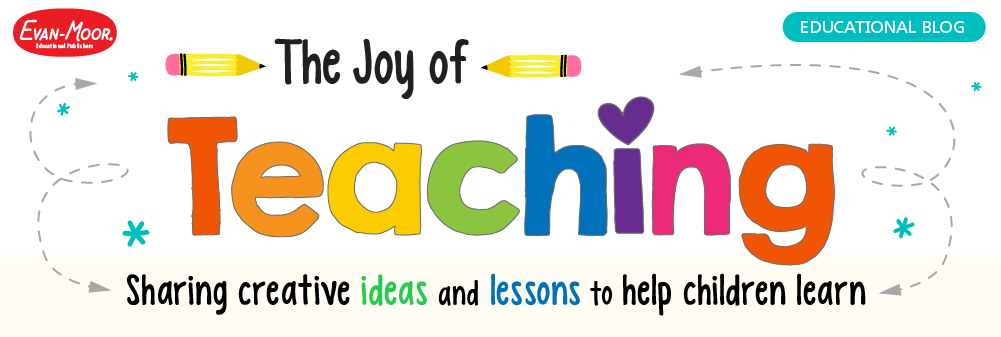
The education landscape is undergoing significant changes as generative artificial intelligence (AI) becomes an integral part of how students learn. As a parent, it’s important to understand how generative AI is shaping the learning process and what steps you can take to ensure your child is navigating these changes effectively. This guide will explore the impact of AI on education and provide practical tips to help you support your child in this AI-driven world.
How Generative AI Is Reshaping the Education System
Generative AI is transforming education by making personalized learning more accessible. AI-powered educational tools and tutoring services adjust lessons based on a student’s individual pace and abilities, offering customized content to challenge students or provide additional support where needed. This helps children strengthen essential skills in subjects like reading and math while developing problem-solving abilities.
While generative AI’s ability to personalize learning is promising, it’s also important for parents to understand how technology fits into their child’s overall learning process. Balancing AI-driven tools with traditional learning experiences can help children gain a well-rounded education.
Understanding AI Literacy: Why It Matters
As generative AI becomes a larger part of your child’s learning experience, building AI literacy is essential. AI literacy involves understanding how AI works, its benefits, and its limitations. With the rise of generative AI tools, children will increasingly encounter AI-generated content in their education. Here’s how you can foster AI literacy at home:
- Explain AI in Simple Terms: Help your child understand that AI is a tool used in many areas of life, including their learning apps and educational websites. Simplify the concept by explaining how AI adapts lessons based on their progress and helps provide real-time feedback.
- Encourage Critical Thinking: Even though AI tools offer instant answers and support, it’s important to encourage your child to think critically. Teach them to ask questions and analyze the AI-generated content they encounter to avoid over-reliance on technology.
- Understand AI’s Limitations: AI tools are not perfect. They can make errors or show biases. Help your child recognize that AI is a helpful assistant in their learning process, but human judgment is necessary to interpret its results.
Practical Tips for Parents: Navigating Generative AI in Education
Here are some practical steps you can take to help your child navigate AI-driven education:
- Stay Informed About AI Tools in the Classroom: Many schools are integrating AI-powered educational tools for personalized learning. Stay informed about which tools your child is using and how they work. Engage with your child’s teachers to understand how AI supports classroom learning.
- Balance AI with Hands-On Learning: While AI tools can personalize lessons and provide real-time feedback, it’s essential to balance screen time with offline activities. Encourage your child to engage in hands-on learning experiences, such as reading physical books, creating art, or building projects, to develop a well-rounded set of skills.
- Leverage AI for Extra Support: AI-powered tutoring services can provide additional support for subjects where your child needs more practice. Encourage your child to use these services to strengthen their understanding of core subjects, but ensure it complements rather than replaces other forms of learning.
- Discuss Ethical AI Use: As your child interacts with AI-generated content and tools, talk about the importance of responsible use. Discuss issues like privacy, data security, and ethical implications of AI in education to build awareness and critical thinking around technology use.
Preparing for the Future of Generative AI in Education
Generative AI is rapidly advancing, and its role in education will continue to grow. As schools adopt more AI-driven tools, parents can help their children thrive by balancing AI-based learning with traditional methods that emphasize creativity and problem-solving. Encouraging your child to explore AI tools while promoting critical thinking will set them up for success in this evolving learning environment.
Helping Kids Navigate the World of Artificial Intelligence
For those who want to learn more about how AI is influencing education and how they can help their children navigate this digital landscape, here are some trusted resources:
- Common Sense Media: AI and Our Kids: A comprehensive guide that covers how AI impacts children and offers tips for parents on guiding their child’s AI usage responsibly.
- Common Sense Education: ChatGPT and Beyond — How to Handle AI in Schools: A resource to help parents and educators understand the role of AI in schools and how to integrate AI tools effectively into learning.
- The Dawn of the AI Era: Teens, Parents, and the Adoption of Generative AI at Home and School: A research report that explores how AI is being adopted by students and what parents should be aware of.
- AI Literacy: A Parent’s Guide: This article focuses on helping parents build AI literacy and equip their children to understand the technology they are using.
By exploring these resources, parents can gain a better understanding of AI’s growing role in the education system and feel more confident supporting their child’s learning in this rapidly changing environment.

